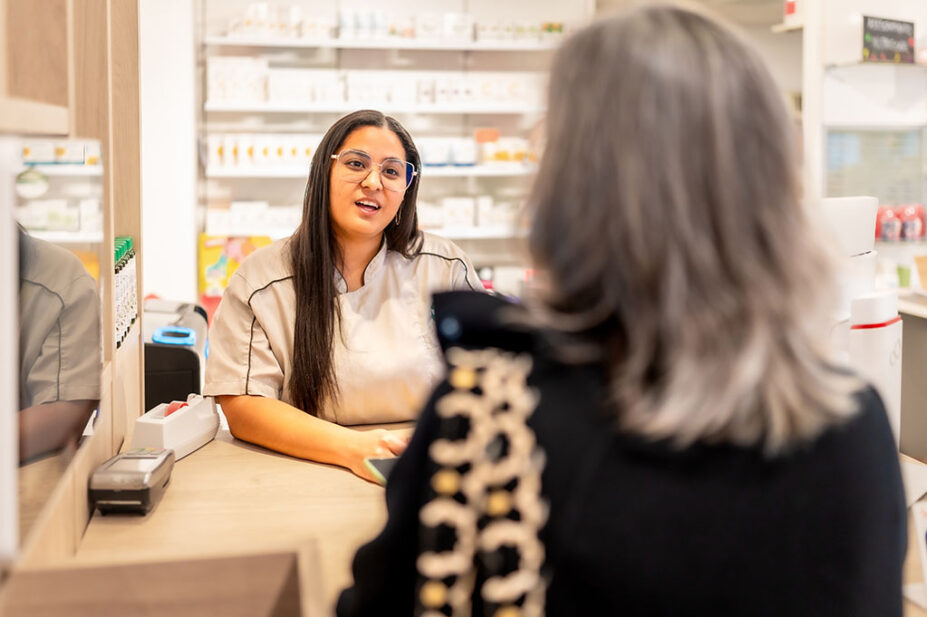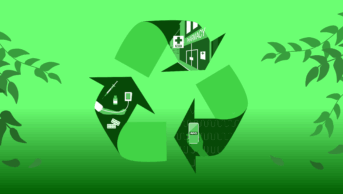
Shutterstock.com
A scheme that allows pharmacies to demonstrate their work on sustainability at gold, silver or bronze level has been launched by the Royal Pharmaceutical Society (RPS).
The free digital Greener Pharmacy Toolkit, launched on 8 April 2025, will help community and hospital pharmacies monitor and reduce their environmental impact.
Commissioned by NHS England and supported by the Greener NHS programme, the toolkit enables pharmacies to aim for bronze, silver and gold accreditation. Each level comes with a certificate, which can be displayed to demonstrate the pharmacy’s commitment to the environment.
Although the toolkit was commissioned by NHS England, it can be used across Great Britain.
Pharmacies can use the toolkit to monitor and lessen their environmental impact across six domains: clinical practice; people; operations and strategy; travel; information and communication technology; and resource use.
Each domain has a list of “descriptors”, which are specific areas of focus, such as safe inhaler disposal, optimising fridge and freezer space and introducing sustainable pharmacy training programmes.
A pharmacy aiming for bronze accreditation would need to tick 100% of these bronze-level descriptors.
However, silver and gold accreditation requires pharmacies to achieve 70% of silver-level descriptors and 50% of gold-level descriptors, respectively.
The RPS said that the toolkit and accompanying guidance “align closely with [the] RPS’ work on sustainability which recognises the impact of climate change on health”.
Minna Eii, RPS lead on the Greener Pharmacy Toolkit and co-founder of Pharmacy Declares, a network of climate conscious pharmacy professionals, said: “This pioneering resource is the first-ever toolkit to help pharmacy teams reduce their carbon footprint and a real step forward in using technology to improve practice and patient care.
“It’s backed by a wealth of expertise, and the stages of accreditation make it the ideal starting point for those who want to reduce their environmental impacts but don’t know where to start, as well as driving improvements for teams already on that journey.”
Patricia Ojo, superintendent pharmacist at Stevens Pharmacy in Eltham, London, said: “Our pharmacy is an early adopter of the Greener Pharmacy Toolkit, progressing through the bronze level. We’ve appointed a sustainability lead and completed all clinical practice, people, operations and strategy bronze descriptors. We’re halfway to attaining bronze and proud that much of what we are doing already helps to combat climate change.
“It’s great for the team to see how actions like teaching correct inhaler use and encouraging repeat dispensing contribute to better patient care and environmental sustainability. Despite being busy, we’re keen to continue making progress with the toolkit.”
Claire Anderson, president of the RPS, said: ”Medicines account for 25% of carbon emissions within the NHS, so doing nothing is not an option.
“This free-to-access and easy-to-use toolkit will help hospital and community pharmacies across the country to promote sustainable practice and reduce their environmental impact.
“It’s another step in our strong commitment to enabling more sustainable pharmacy services.”
In February 2025, the General Pharmaceutical Council published guidance encouraging providers of pharmacy education and training to consider “incorporating environmentally sustainable practice into their curriculums”.


